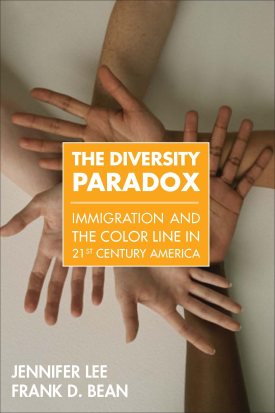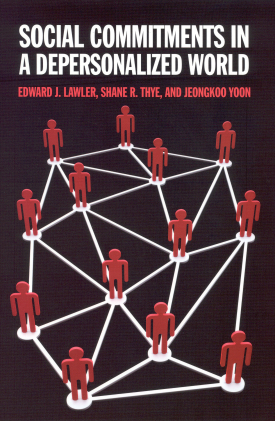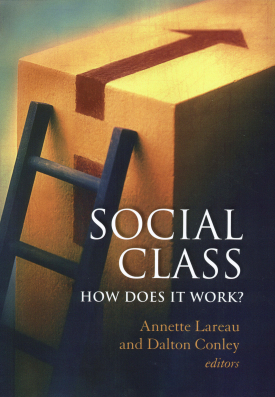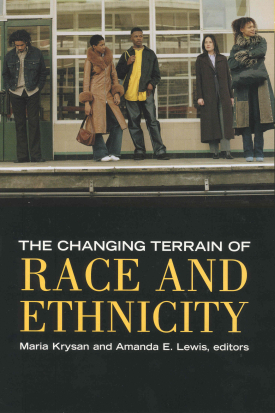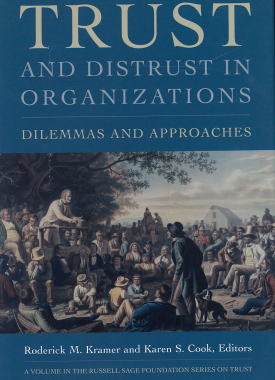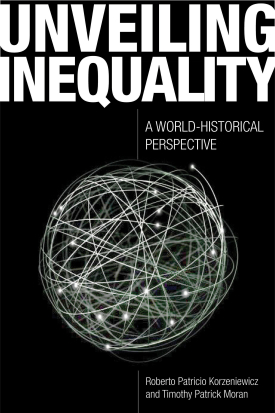The effective functioning of a democratic society—including social, business, and political interactions—largely depends on trust. Yet trust remains a fragile and elusive resource in many of the organizations that make up society's building blocks. In their timely volume, Trust and Distrust in Organizations, editors Roderick M. Kramer and Karen S. Cook have compiled the most important research on trust in organizations, illuminating the complex nature of how trust develops, functions, and often is thwarted in organizational settings. With contributions from social psychologists, sociologists, political scientists, economists, and organizational theorists, the volume examines trust and distrust within a variety of settings—from employer-employee and doctor-patient relationships, to geographically dispersed work teams and virtual teams on the internet.
Trust and Distrust in Organizations opens with an in-depth examination of hierarchical relationships to determine how trust is established and maintained between people with unequal power. Kurt Dirks and Daniel Skarlicki find that trust between leaders and their followers is established when people perceive a shared background or identity and interact well with their leader. After trust is established, people are willing to assume greater risks and to work harder. In part II, the contributors focus on trust between people in teams and networks. Roxanne Zolin and Pamela Hinds discover that trust is more easily established in geographically dispersed teams when they are able to meet face-to-face initially. Trust and Distrust in Organizations moves on to an examination of how people create and foster trust and of the effects of power and betrayal on trust. Kimberly Elsbach reports that managers achieve trust by demonstrating concern, maintaining open communication, and behaving consistently. The final chapter by Roderick Kramer and Dana Gavrieli includes recently declassified data from secret conversations between President Lyndon Johnson and his advisors that provide a rich window into a leader’s struggles with problems of trust and distrust in his administration.
Broad in scope, Trust and Distrust in Organizations provides a captivating and insightful look at trust, power, and betrayal, and is essential reading for anyone wishing to understand the underpinnings of trust within a relationship or an organization.
RODERICK M. KRAMER is the William R. Kimball Professor of Organizational Behavior in the Graduate School of Business, Stanford University.
KAREN S. COOK is Ray Lyman Wilbur Professor of Sociology, Stanford University.
CONTRIBUTORS: John Brehm, Robin M. Cooper, John M. Darley, Kurt T. Dirks, Amy C. Edmondson, Kimberly D. Elsbach, Scott Gates, Dana A. Gavrieli, Pamela J. Hinds, Deepak Malhotra, Bill McEvily, Gary J. Miller, Stefanie Bailey Mollborn, J. Keith Murnighan, Helen Nissenbaum, Hakan Ozcelik, Sandra L. Robinson, Daniel P. Skarlicki, Irena Stepanikova, David H. Thom, J. Mark Weber, Akbar Zaheer, Rozanne Zolin.
A Volume in the Russell Sage Foundation Series on Trust


